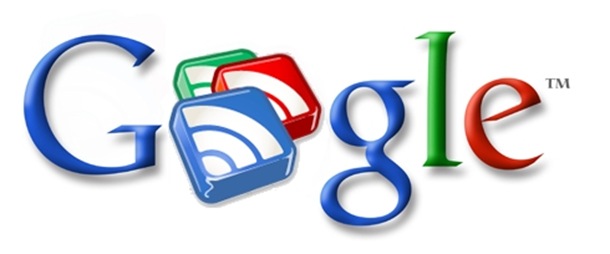 When Google announced last week its plan to shutter Google Reader on July 1, the Web was nearly brought to its knees as heartbroken fans of the RSS reader cried out in protest at the decision. OK, that may be a slight exaggeration, but it’s fair to say that a good number of people were not best pleased.
When Google announced last week its plan to shutter Google Reader on July 1, the Web was nearly brought to its knees as heartbroken fans of the RSS reader cried out in protest at the decision. OK, that may be a slight exaggeration, but it’s fair to say that a good number of people were not best pleased.
A bunch of online petitions pleading for the Mountain View company to reverse its decision soon hit the Web. Of the 10 or so hosted by change.org, the one set up by New Yorker Dan Lewis has gained the most attention, racking up 125,000 signatures in a matter of days.
“You’re a huge corporation, with a market cap which rivals the GDP of nations,” Lewis told Google in a message introducing his petition. “You’re able to dedicate 20 percent of your time to products which may never seen the light of day. You experiment in self-driving cars and really cool eyewear which we trust (trust!) you’ll use in a manner respectful to our needs, interests, etc. Show us you care.”
Not convinced that signing a petition will make any difference, many Google Reader users have also been signing up to similar RSS reader services, with Feedly reporting a 500,000 jump in its user base in the 48 hours following Google’s announcement. Other similar services that have been getting extra attention in the last few days will also be picking up new users, including NewsBlur, The Old Reader and NetVibes.
Even social news site Digg is promising to build an RSS reader “fit for the Internet of 2013.”
“We’ve heard people say that RSS is a thing of the past, and perhaps in its current incarnation it is, but as daily (hourly) users of Google Reader, we’re convinced that it’s a product worth saving,” Digg’s Andrew McLaughlin said. “So we’re going to give it our best shot.”
For those who broke into a cold sweat last week when they learnt that Google was going to shut down Reader, it seems that come July 1 there’s going to be plenty of revamped and brand new RSS readers to choose from. Hey, perhaps the demise of Google Reader won’t be such a bad thing after all.
In a blog post last Wednesday announcing its intention to retire Reader, Google software engineer Alan Green said his team, like many of Reader’s users, would be “sad to see it go.” He said the main reason for its retirement was its declining user base, though former Google Reader product manager Brian Shih said recently he thinks Google+ was a significant factor.
The Web giant is also set to retire seven other services and features in the coming months as part of an ongoing clear-out which has seen around 70 tools shuttered since 2011.


